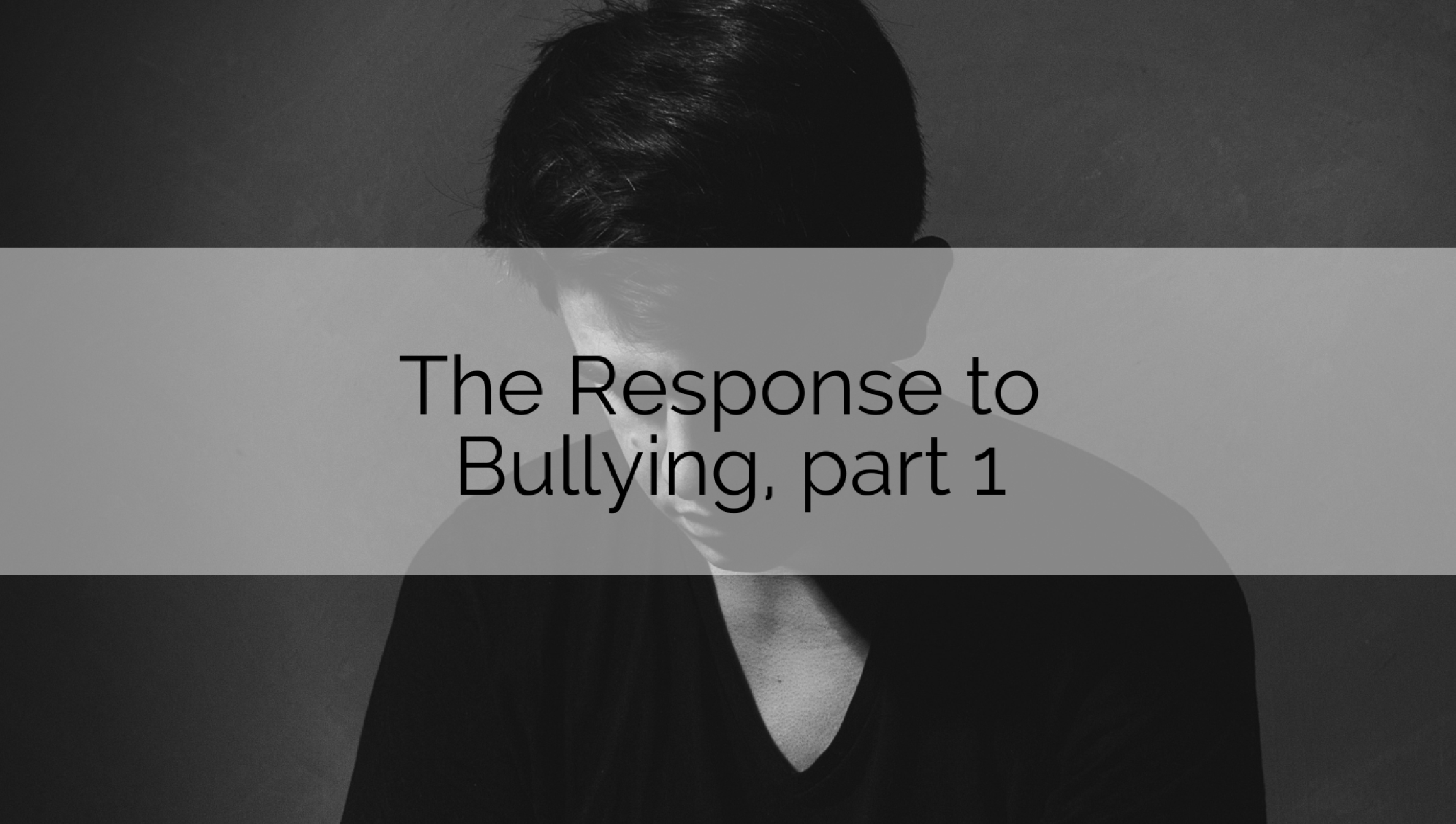Several years ago, I happened upon a middle school student, Roman (as we’ll call him for this blog), an eighth grader, storming out of the middle school room. Sunday School was just starting and their teacher was running late. After finding Roman and hearing his story (students laughing and teasing him), I returned to the Sunday School classroom where a bewildered Sunday School teacher had arrived just in time for the dressing down I gave the middle schoolers. Their response was that it was all in good fun and that Roman should have known no harm was meant by it. The students apologized to Roman, but unfortunately he didn’t return to Sunday School for the remainder of his middle school years.
I’ve thought back on that episode several times these past few weeks after hearing about the story of Phoebe Prince. Prince, a high school student in New Jersey, committed suicide after being the victim of intense online bullying via the website Formspring. For those unfamiliar, Formspring is a website that allows users to set up a profile on which friends, strangers, and enemies can ask anonymous questions. In Prince’s case, the questions asked to Phoebe on Formspring were often cruel, demeaning, and threatening. Prince also encountered terrible bullying at school due to her relationship with a football player. Teachers and other school officials, it appears, looked the other way while Prince was bullied and harassed, so much so that Prince took her life.
Bullying is not something that should be taken lightly, and as youth workers, I’m sure that we have all encountered it or experienced it ourselves. However, I also look back on situations where I know that bullying has occurred and have thought to myself, “they need to figure this out themselves,” or “this is church, the bullying can’t be that intense.” In the case of Roman, upon talking to him, he told me, “This has been going on for so long and you have been ignoring it and not doing anything about it!” Whether that was the case or not, how Roman perceived it was that I was not doing enough to help him feel welcome and safe in the church.
What is the role of a youth worker–full or part-time–when bullying is present? Can you prevent bullying? We’ll take a look at some of these questions in the next few blogs on the site. Please leave comments or questions.






0 Comments